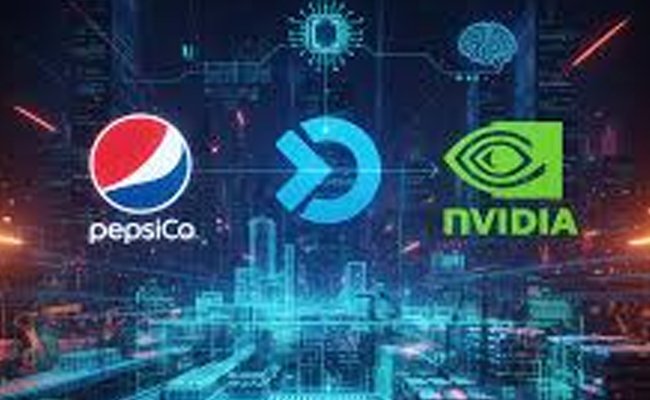In 2025, enterprises are embracing transformative technologies that are redefining how businesses operate:
AI Integration: AI has become central to enterprise functions, powering content creation, chatbots, code generation, predictive analytics, supply chain optimization, and hyper-personalized customer experiences. Scalable and explainable AI models are critical for long-term adoption.
Edge Computing: With increased IoT usage, enterprises now process data closer to its source. This reduces latency, improves real-time decision-making, and strengthens security—vital for sectors like healthcare, automotive, and manufacturing.
Sustainability Tech: Green IT is a top priority. Businesses are adopting energy-efficient infrastructure, carbon-aware cloud services, and circular economy principles to meet sustainability targets.
Hyper-Automation: Robotic Process Automation (RPA) has advanced to include AI, ML, and process mining, allowing automation of complex workflows. Human-AI collaboration is enhancing creativity and efficiency.
Extended Reality (XR): AR and VR are becoming mainstream enterprise tools for immersive training, design, and fieldwork, helping bridge physical-digital divides.
Zero Trust Security: With increasing cyber threats, identity-driven, AI-enabled security models have become standard. Zero-trust architecture is now essential.
Low-Code/No-Code Platforms: These tools are empowering non-IT teams to build apps, accelerating digital transformation while introducing governance challenges.
5G and Early 6G: High-speed connectivity is enabling innovations like private 5G networks, real-time industrial IoT, and ultra-reliable communications.
These interconnected trends are driving a major shift in leadership roles—especially that of the Chief Information Officer (CIO).
The Evolving CIO
CIOs in 2025 are no longer just tech managers—they are strategic business enablers:
Innovation Drivers: Spearheading AI, edge, and quantum projects to unlock new revenue.
Business Co-Creators: Collaborating with CEOs and CFOs on strategy using data insights.
Customer Experience Champions: Using tech to personalize and enhance customer journeys.
Risk & Resilience Leaders: Implementing AI-powered security and compliance frameworks.
Sustainability Advocates: Aligning tech choices with ESG goals.
Ecosystem Orchestrators: Managing interconnected partner networks and APIs.
Financial Strategists: Tying tech investments to ROI and market advantage.
The CIO’s evolution mirrors that of other C-suite roles—CTOs as innovation architects, CISOs as trust guardians, and DPOs as privacy strategists. As technology becomes inseparable from business, these roles are converging, emphasizing agility, foresight, and ethical leadership in a fast-changing digital world.






